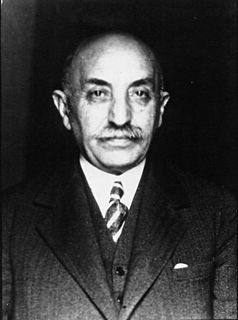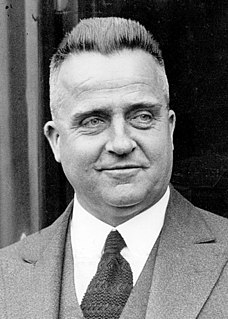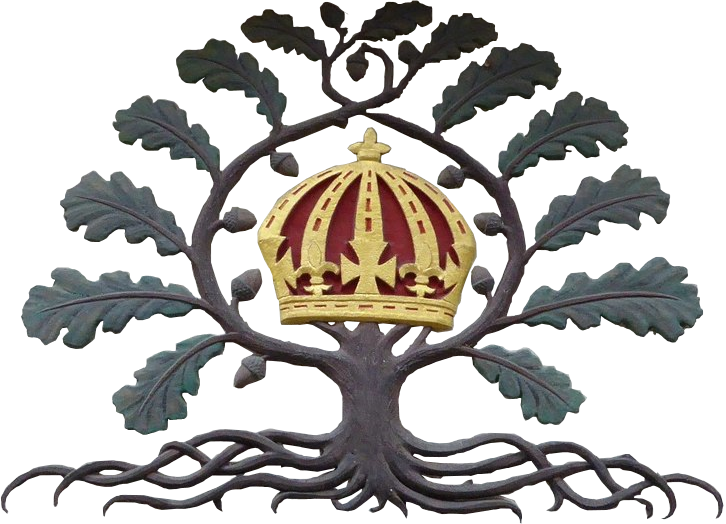
The Croatian Parliament or the Sabor is the unicameral representative body of the citizens of the Republic of Croatia; it is Croatia's legislature. Under the terms of the Croatian Constitution, the Sabor represents the people and is vested with legislative power. The Sabor is composed of 151 members elected to a four-year term on the basis of direct, universal and equal suffrage by secret ballot. Seats are allocated according to the Croatian Parliament electoral districts: 140 members of the parliament are elected in multi-seat constituencies, 8 from the minorities and 3 from the Croatian diaspora. The Sabor is presided over by a Speaker, who is assisted by at least one deputy speaker.

The Republican People's Party is a Kemalist and social-democratic political party in Turkey. It is the oldest political party in the country, and is currently the main opposition in the Grand National Assembly. The CHP describes itself as "a modern social democratic party, which is faithful to the founding principles and values of the Republic of Turkey". The party is cited as "the founding party of modern Turkey". Its logo consists of the Six Arrows, which represent the foundational principles of Kemalism: republicanism, nationalism, statism, populism, laicism, and reformism.

The New Democracy, also referred to as ND (ΝΔ) by its initials, is a liberal-conservative political party in Greece. In modern Greek politics, New Democracy has been the main centre-right political party and one of the two major parties along with its historic rival, the Panhellenic Socialist Movement (PASOK). Having spent two and a half years in government under the presidency of Antonis Samaras, New Democracy lost its majority in the Hellenic Parliament and became the major opposition party after the January 2015 legislative election.

Nikolaos Plastiras was a Greek general and politician, who served thrice as Prime Minister of Greece. A distinguished soldier known for his personal bravery, he became famous as "The Black Rider" during the Greco-Turkish War of 1919-1922, where he commanded the 5/42 Evzone Regiment. After the Greek defeat in the war, along with other Venizelist officers he launched the 11 September 1922 Revolution that deposed King Constantine I of Greece and his government. The military-led government ruled until January 1924, when power was handed over to an elected National Assembly, which later declared the Second Hellenic Republic. In the interwar period, Plastiras remained a devoted Venizelist and republican. Trying to avert the rise of the royalist People's Party and the restoration of the monarchy, he led two coup attempts in 1933 and 1935, both of which failed, forcing him to exile in France.
The Liberal Party, also the National Progressive Centre Union since 1952, was a major political party in Greece during the early-to-mid 20th century. It was founded in August 1910 by Eleftherios Venizelos and went on to dominate Greek politics for a considerable number of years until its decline following the Second World War. Among its most well-known members, apart from Venizelos, were Alexandros Papanastasiou, Nikolaos Plastiras, Georgios Papandreou and Konstantinos Mitsotakis.

The Parliament of Ghana is the legislative body of the Government of Ghana.

Georgios Kondylis was a general of the Greek army and Prime Minister of Greece. He was nicknamed Keravnos, Greek for "Thunder" or "Thunderbolt".

Parliamentary elections were held in Greece on 19 August 1928. The result was a victory for the Liberal Party, which won 178 of the 250 seats.

Parliamentary elections were held in Greece on 5 March 1933. The pro-monarchist People's Party emerged as the largest party, winning 118 of the 248 seats in Parliament, ending the predominance of Eleftherios Venizelos' Liberal Party. The results triggered an attempted coup by Venizelist officers. A military emergency government under Alexandros Othonaios was instituted which suppressed the revolt, and was succeeded by a People's Party cabinet under Panagis Tsaldaris on 10 March.

Parliamentary elections were held in Greece on 31 March 1946. The result was a victory for the United Alignment of Nationalists, an alliance that included the People's Party, the National Liberal Party, the Reform Party, which won 206 of the 354 seats in Parliament. As a result Konstantinos Tsaldaris became Prime Minister leading a right-wing coalition. Nonetheless, he soon decided to resign in favor of Themistoklis Sophoulis, who led a government of national unity during the entire second phase of the civil war (1946–1949). One of the priorities of the new government was the proclamation of a plebiscite for the restoration of the Greek monarchy.

The National Schism was a series of disagreements between King Constantine I and Prime Minister Eleftherios Venizelos regarding the foreign policy of Greece in the period of 1910–1922 of which the tipping point was whether Greece should enter World War I. Venizelos was in support of the Allies and wanted Greece to join the war on their side, while the pro-German King wanted Greece to remain neutral, which would favor the plans of the Central Powers.

Panagis Tsaldaris was a Greek politician and the 48th Prime Minister of Greece. He was a revered conservative politician and leader for many years (1922–1936) of the conservative People's Party in the period before World War II. He was the husband of Lina Tsaldari, a Greek suffragist, member of Parliament, and the Minister for Social Welfare.

The history of the Hellenic Republic constitutes three discrete republican periods in the modern history of Greece: from 1822 until 1832; from 1924 until 1935; and from 1974 through to the present. See also the constitutional history of Greece.

Stylianos Gonatas was a Greek military officer and Venizelist politician and Prime Minister of Greece between 1922 and 1924.

The attempted coup d'état of March 1935 was a Venizelist revolt against the People's Party government of Panagis Tsaldaris, which was suspected of pro-royalist tendencies.
The Leonardopoulos–Gargalidis coup attempt was a failed military coup launched on 22 October 1923 in Greece by pro-royalist military officers under the Lieutenant Generals Georgios Leonardopoulos and Panagiotis Gargalidis, and the Colonel Georgios Ziras. Its failure discredited the monarchy and contributed decisively to the establishment of the Second Hellenic Republic in March 1924.

The 1932 New South Wales state election was held on 11 June 1932. This election was for all of the 90 seats in the 30th New South Wales Legislative Assembly and it was conducted in single member constituencies with compulsory preferential voting. It was a landslide victory for the UAP/Country Party coalition of Bertram Stevens, which had a majority of 42 in the Assembly.
The United Opposition was a coalition of anti-Venizelist Greek political parties for the elections of 1920.
The National Democratic Party, later renamed National Radical Party, was a political party in Greece in the 1920s led by Georgios Kondylis.

















